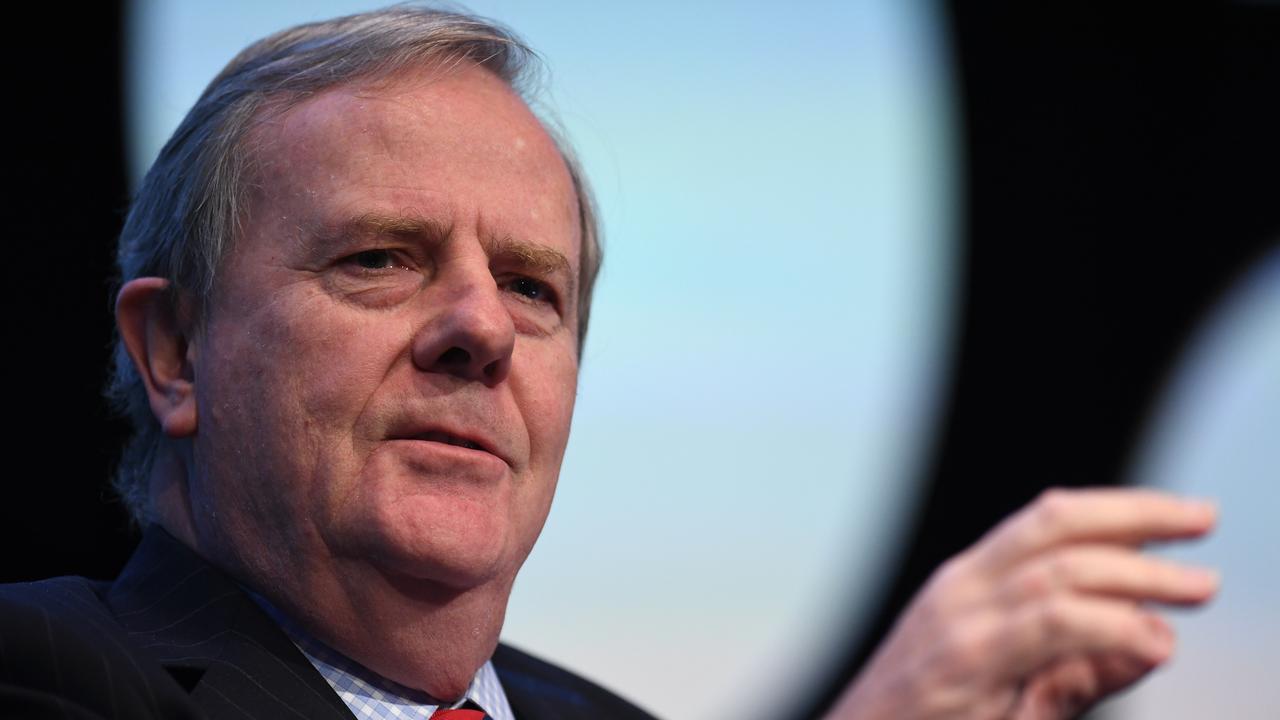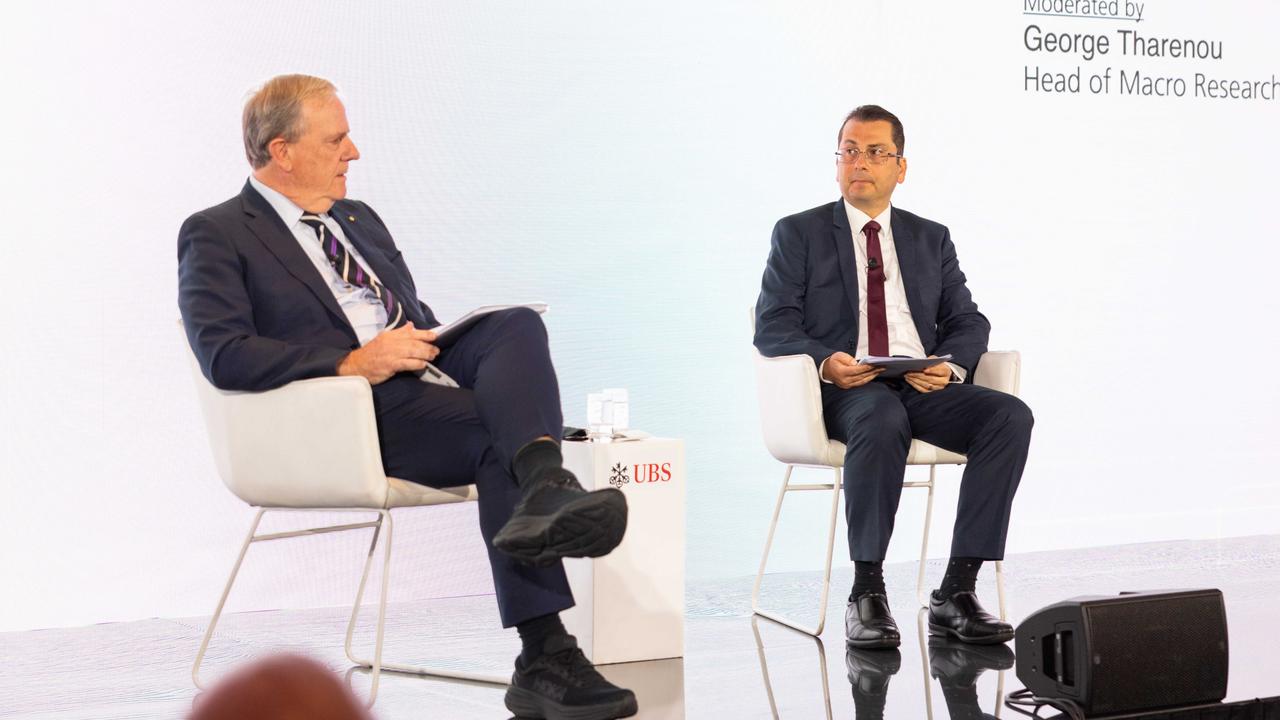Peter Costello confronts the nation’s migration dilemma
The pro-immigration former Treasurer has made an important contribution to the economic debate around migration.

Peter Costello has some big ideas as he prepares to step down as chairman of the Future Fund in coming months. Plenty of these have to do with the fate of the $200bn fund he set up two decades ago as Treasurer.
But the avowedly pro-immigration Costello has made an important contribution to the economic debate around migration. He believes it is time to take another look at the volume of arrivals – estimated at around 600,000 over the past year – with real doubts around the nation’s capacity to absorb this in a single hit.
Costello insists immigration is good for the country. But on balance it is adding to demand stresses through the economy, particularly in housing. This is eroding any benefit Australia is getting from lifting the pool of skilled workers or underpinning growth.
“My own view is overall it’s inflationary,” Costello tells The Australian.
Immigration is also an economic tool and this means it should be approached as such. The 600,000 target can be met, but in a gradual way, he says. “We should do it over four years, rather than one.” The stresses on housing and infrastructure are real, he says.

His comments follow the Reserve Bank last week subtly pointing out that migration was likely to put more demand on housing over the next year. The RBA too said while migration was adding to labour supply, it was overall stoking demand for goods and services.
Costello was speaking to The Australian after he delivered a keynote speech at the UBS Australasia conference in Sydney.
Future of fund
The focus of Costello’s outgoing speech as Future Fund chair was his great worry about the fate of the fund that he launched with the seed capital of $60.5bn from Telstra shares and several budget surpluses. At $200bn the Future Fund is now becoming too hard to ignore for politicians. Legislative protections around withdrawing cash from the Future Fund expired three years ago.
With ever-increasing structural demands on the budget from ageing population to sluggish productivity as well as debt, it is very likely Australia will never have a chance to build up another cash fund like it. Once it is spent, it is gone, Costello warns.
“It is essentially the Commonwealth’s only financial asset. If you get rid of that, you ain’t got nothing in the assets. There wouldn’t be a balance sheet – it would only be a liability,” he says.
He sees a point where the Future Fund matures in such a way that it has a substantial capital built up to derive an income stream.
“And that income stream or part of it would be available for the government to spend. But I can foresee a time, say 10 years, 20 years, when the government could be drawing a very nice stream.”
Costello declines to put a figure on what size the fund will need to be to hit a point of substantial capital but says it will need to be balanced with its future liabilities.
Politicians need to be thinking about the fund in another way. Not something to be mined, but a foundation block for the national balance sheet, underpinning credit rating. The Future Fund still has obligations for unfunded pensions and now Australian Defence Force death and disablement care. He likens this to WorkCover or life insurance payouts, but the government is not paying premiums to offset the potential payouts.
With people living longer, potential payouts under the Military Super scheme and ADF Death put future liabilities rising from $114bn currently to $477bn by 2060. That is an example of one generation transferring liabilities to the next, he adds.
Meanwhile, the inflation that we are dealing with today is the consequence of ultra-loose monetary policies around the world. All this was a boom for Wall Street and those that owned assets, but everyone today is paying for it.
“It’s reminding us again that money does have a real price,” Costello says. “And we’re all going to have to be a lot more disciplined. And you’ve seen that already. I think with the corrections in equity markets, you’ve seen a little bit of a correction in relation to property markets. It’s reminding us that the old rules were probably the right rules, that you can’t create money and dish it out over a long period of time without consequences.”
Having now run the gamut of several monetary policy cycles, governments should be turning their mind back to reforms and tackling the serious problem of sagging productivity.
“The hard stuff is fiscal policy; tax policy; industrial relations policy; all of those things that we took off the agenda for a time.”
johnstone@theaustralian.com.au
More Coverage
Originally published as Peter Costello confronts the nation’s migration dilemma








